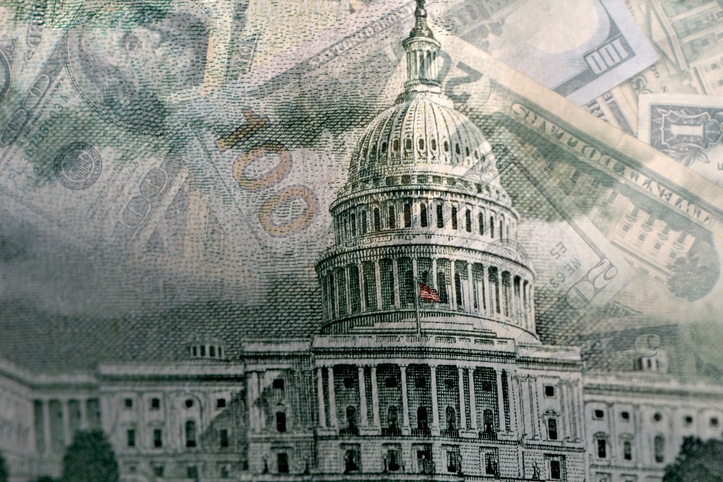On July 25, a bipartisan group of senators proposed the False Claims Amendments Act of 2023, aiming to bolster the federal government’s primary line of defense against fraudulent activities. The bill, spearheaded by Chuck Grassley (R-IA), seeks to hold those responsible who knowingly deceive the government, particularly in cases involving the government’s continued payment for fraudsters. Co-sponsors of the bill include Senators Dick Durbin (D-IL), John Kennedy (R-LA), and Roger Wicker (R-MS).
The proposed amendment seeks to rectify the constraints imposed by the 2016 Supreme Court ruling in United Health Services v. United States ex rel. Escobar. The ruling created loopholes in the False Claims Act, allowing companies under fraud investigation to evade liability by arguing that continued government payments proved that the fraud was not “material” to the contract. The proposed bill is aimed at eliminating these vulnerabilities.
The bill proposes multiple mechanisms to fortify anti-fraud efforts. First and foremost, it asserts that continuous government payments should not automatically absolve companies under scrutiny of fraudulent charges. This move seeks to prevent companies from using ongoing government business to nullify serious violations, particularly when alternative reasons for continued payments exist.
Furthermore, the proposed 2023 amendment stipulates that whistleblower anti-retaliation provisions of the False Claims Act should extend to cover post-employment retaliation. It also mandates the head of the U.S. Government Accountability Office (GAO) to evaluate the effectiveness, challenges, and financial recoveries associated with the enforcement of the False Claims Act.
Senator Grassley underscored the significance of amending the False Claims Act, the “single greatest tool in the fight against fraud” since its 1986 revision. According to Grassley, the misuse of court interpretations provided loopholes for defrauders to evade responsibility, even in clear, unchallenged fraudulent activities.
“Taxpayers deserve better than this sort of legal gymnastics,” Grassley said. “Our bipartisan bill clarifies our original intent to hold those accountable when they bilk the taxpayer.”
Stephen M. Kohn, founding partner of the leading whistleblower firm Kohn, Kohn, Colapinto LLP echoed Grassley’s praise of the FCA.
“The False Claims Act is America’s number one fraud-fighting law,” Kohn stated. “These amendments are urgently needed to ensure that whistleblowers can continue to play their key role in protecting taxpayers from corporate criminals.”
Senator Grassley was instrumental in the 1986 modernization of the False Claims Act, a law with roots dating back to 1863. Originally known as the “Lincoln Law,” it was enacted to motivate citizens to aid the federal government in combating widespread military contracting fraud during the Civil War. The law remained underutilized until Grassley’s revitalization. Post-modernization, the Act has empowered the government to recoup over $72 billion from fraudulent activities, rewarding whistleblowers with over $8 billion for their role in instigating the cases.
Alongside Senator Ron Wyden (D-OR), Senator Grassley introduced a Resolution designating July 30, 2023 as National Whistleblower Appreciation Day. The Senate unanimously approved the Resolution on July 13. Senator Grassley will be giving live remarks at the National Whistleblower Center’s National Whistleblower Day celebration.
Further Reading:
Senators Introduce Bipartisan Legislation To Close Loophole In Fight Against Fraud
